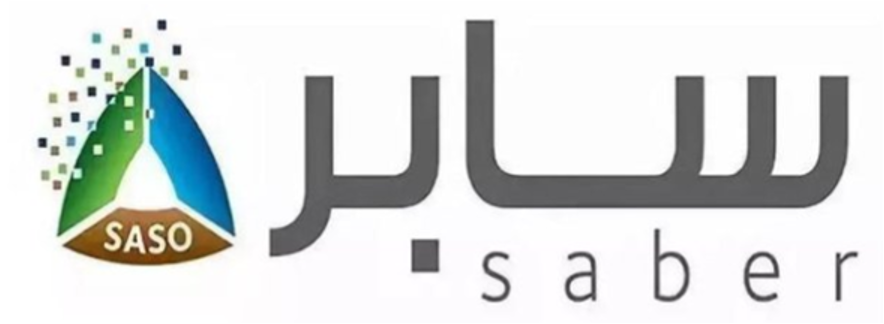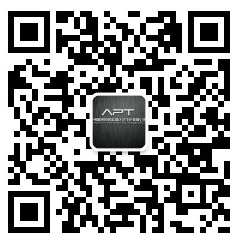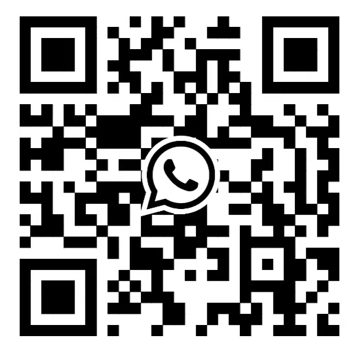





SABER Certification:
Saber certification is a product conformity certification program launched by the Saudi Arabian Standards, Metrology and Quality Organization (SASO). The certification was gradually implemented by the Saudi Technical Regulations (TR) from January 2019 and completed the transition in February 2020. The purpose of Saber certification is to ensure that imported products entering the Saudi market meet local safety, performance, and environmental requirements. Saudi Arabia has developed its own electronic certification system, Saber, in which all regulated importers of products must register their products, pass the audit and obtain a certificate of conformity before the products can be cleared through customs.
The Saber certification system divides all products exported to Saudi Arabia into three categories according to the risk category: high, medium and low.
1. Supplier Conformity Declaration: This kind of product can be directly registered and applied for SC (Shipment Conformity cercificate for imported products) certificate.
2. COC Certificate (General Control, COC Certificate or QM Certificate): You need to apply for two certificates, including PC (Certificate of conformity for regulated products) certificate and SC certificate. Importers need to log in to their Saber account to register their product information, select a certification body recognized by Saudi Arabia (CB Agency) for review, and after the CB Agency approves the audit, pay the relevant PC Saudi Dollar fee, and the CB Agency can issue the PC certificate. After that, submit the SC application in the Saber system, notify the PC issuing authority to accept the review, and after the CB review is passed, you can pay the SC related Saudi Arabian fee, and after the fee payment is completed, the system will generate the SC certificate.
3. IECEE Certificate: First of all, the product is tested, the CB test report and CB certificate are obtained, then the energy efficiency/energy efficiency exemption is applied for the product, then the IECEE certification is applied, and finally the Saber certification is carried out to obtain the PC certificate and SC certificate.
4. GCTS Certificate (commonly known as GCC certification in the industry): First, the product is tested, and after passing the test, apply for GCC certification, then transfer the PC certificate through the importer account in the Saber system, and then apply for the SC customs clearance certificate.
5. SQM Certificate: First, the product will be tested, and then the Saudi authorities will send auditors to the Chinese company to conduct an audit, and after the factory is audited without problems and the information is complete, the QM certificate can be issued. After that, the Saber certification is carried out to obtain the PC certificate and the SC certificate.
Saber Certification Process:
Stage 1: Application for PC Certificate (Product Certificate of Conformity
1. Importer registers a SABER system account: Importers need to register an account on the SABER platform or contact a certification service agency to register on their behalf.
2. Enter the information of the requested product into the SABER system;
3. Select a certification body in the SABER system;
4. Pay for the PC certificate;
5. After receiving the application, the certification body shall contact the importer and exporter to provide the certification documents;
6. The certification body submits the approved documents to the SABER system;
7. The SABER system issues a PC certificate online, which is valid for 1 year.
Stage 2: Application for SC Certificate (Batch Certificate of Conformity)
1. Submit an SC application to the SABER system;
2. The certification body confirms the validity of the PC certificate;
3. Pay the SC certification fee;
4. The SABER system issues the SC certificate online, and the certificate is only valid for the goods imported in the batch.
Other Matters:
The information required for Saber certification varies depending on the type of product certification. Usually, product photos, manufacturer's business license, product test report, supplier declaration document, ISO 9001 certificate, etc. are required for PC certificates. When applying for an SC certificate, you only need to provide a customs clearance commercial invoice because you can only apply for SC after applying for a PC.
In terms of certification cycle, the PCOC certificate is generally complete and will be issued in about 5 working days (about 15 working days for factory inspection products, QM/IECEE/GCC/energy efficiency/water efficiency, etc., depending on the actual situation); The SCOC certificate will be issued within 1-2 working days after the materials are submitted; The declaration certificate will be issued within 1 working day.
In terms of certificate validity, the PCOC certificate is valid for 1 year (the same buyer can use the same PC certificate to ship the same product name within one year), but the validity period is the same as that of the GCC certificate (3/5 years) when the GCC certificate is converted to a PC certificate; The SCOC certificate is valid for a single batch, one vote at a time.
Some products may require a factory inspection or inspection. For example, only SC registered products are done, no factory inspection and inspection are required, and information can be submitted; To do PC certificate + SC certificate products, general low-risk products do not need to be inspected and inspected, but samples need to be provided for product testing, and some strictly controlled products need to be tested and inspected, and sufficient time should be reserved. In addition, Type 1a products do not need to be audited, Type 3 products need to be inspected by CB institutions, Type 5 products (QM) need to be inspected by Saudi officials, and video inspections can also be carried out under special circumstances.
It is important to note that prior to SABER certification, to confirm the specific requirements for export, it is necessary to check the HS code of the product to determine the applicable certification model and related requirements. The materials and processes required for different certification models may vary.
In addition, some products may require a factory audit or product inspection. For example, general low-risk products may not require factory inspection and inspection, but samples need to be provided for product testing; Strictly controlled products, such as building materials, ceramics, food contact, amusement equipment, infant products, etc., usually need to carry out factory inspections, and PC certification agencies may send people to conduct factory inspections; QM products also need to be inspected (Saudi Standards Authority comes to inspect, and remote video inspection can be done under the current epidemic situation).







